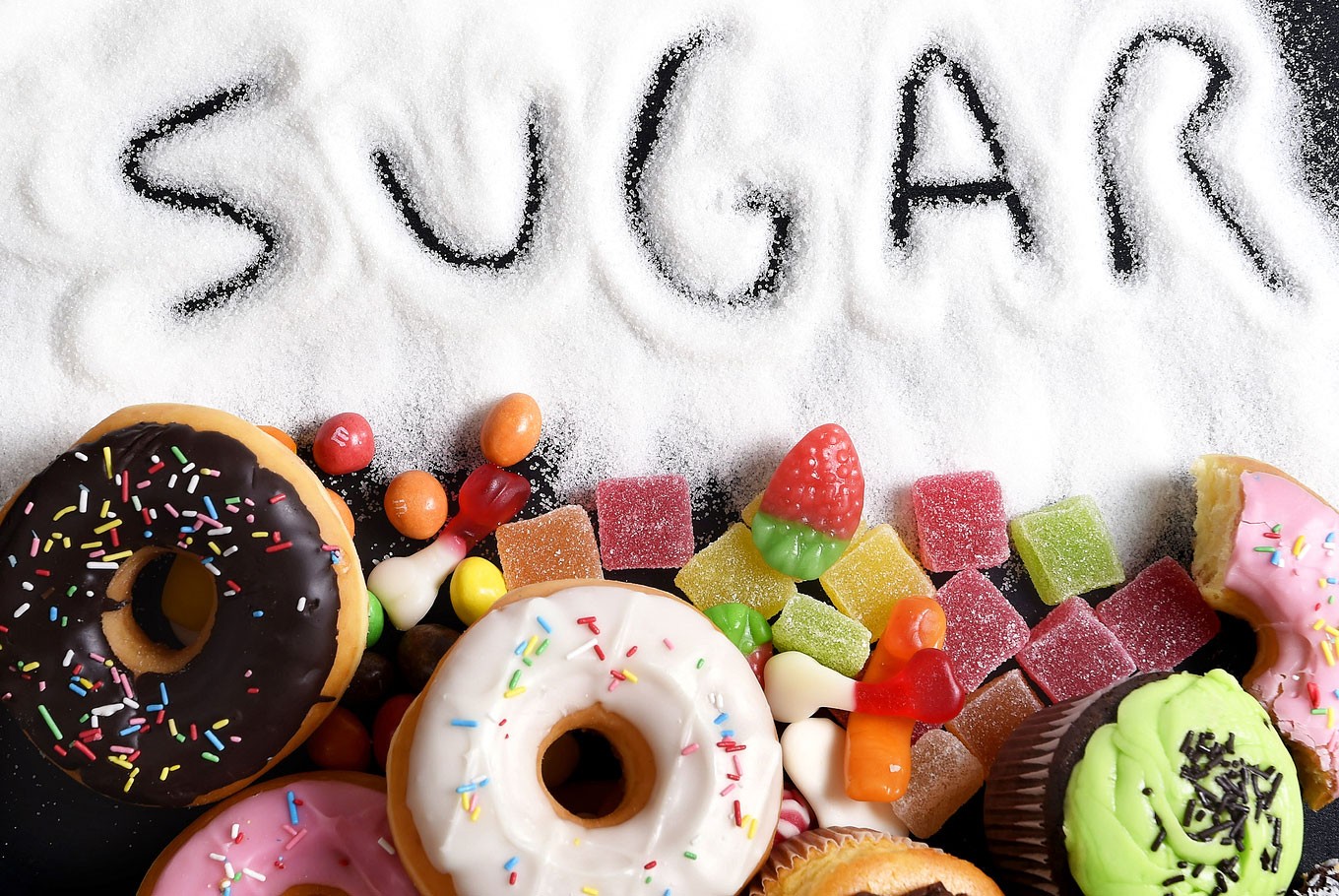Popular Reads
Top Results
Can't find what you're looking for?
View all search resultsPopular Reads
Top Results
Can't find what you're looking for?
View all search resultsCan sugar really make a child hyperactive?
Have you ever heard that consumption of sugar can make children hyperactive? If yes, then you’re not alone.
Change text size
Gift Premium Articles
to Anyone
H
ave you ever heard that consumption of sugar can make children hyperactive? If yes, then you’re not alone. Many parents are worried of their child's potential behavior due to consumption of sugar, which some believe triggers hyperactivity in children.
Is it true that sugar consumption can cause a child to become hyperactive?
The answer is no. To this very day, there is no scientific research that proves sugar and what it contains can trigger a child to become hyperactive. Interest that linked sugar with child hyperactivity began in 1973, when an allergist named Benjamin Feingold, M.D. published the Feingold diet. Feingold introduces salicylates, preservatives and artificial coloring free diet on children’s meals to overcome hyperactivity in children. Even though Feingold did not mention sugar to be one of the components to cause hyperactivity, it seems parents like to assume that eliminating all additives from their children’s diet is a good idea. Sugar then is consequently considered one of food ingredients that needs to be limited in consumption.
Following these assumptions, scientists have conducted research on the effects of sugar to a child’s behavior, yet no evidence has been found to support such the claim sugar does cause hyperactivity in children. Research from the University of Kentucky observed no changes or hyperactivity in behavior by increasing and decreasing additive intake in children’s diet, even though their parents report otherwise. Clinical testing also supports the research’s statement. Another research concerning the link between sugar and hyperactivity also conducted by the University of Iowa. Doctor Wolraich divided the children into two groups, the normal ones and the reportedly sensitive to sugar. Both groups are given a sugar, aspartame and saccharin. Yet no changes in behavior occurred in both groups.
Then why until now do many still believe that sugar can trigger hyperactivity in children? This is more of a psychological factor. Some scientists say that if you expect sugar to trigger hyperactivity in your child, then your view on that matter would also be influenced. Research published by the Journal of Abnormal Child Psychology shows that parents tend to assume that their child is hyperactive upon being told they just consumed a beverage containing added sugar. Furthermore, children usually become more active at parties and crowded environments for instance, where there tends to be snacks high in sugar. Unconsciously, this can affect the parents' view on sugar and hyperactivity.
(Read also: Study backs pancreas cell transplants for severe diabetes)
Sugar consumption does affects one’s behavior
Despite not being specifically mentioned that sugar consumption equals your child being hyperactive, sugar does affects one's behavior. Based on a research conducted to see if sugar has any effects on one’s concentration levels, those who consumed a high-sugar breakfast will have a decreased concentration level sooner compared to those who don't eat breakfast, or have whole-grain cereal. Another research from Yale University shows that children who are given a sugary diet will have higher adrenaline levels; this is the effects of high blood-sugar levels. Sugar is a simple carbohydrate, which is easily absorbed by the body, causing blood-sugar levels to rise quickly.
When a child consumes high-sugar meals, their blood-sugar level will increase drastically. This triggers more insulin to lower the blood-sugar level, resulting in a quick decrease. Sudden drops in blood-sugar levels can cause a child to be fussy as a result of the body lacking energy and starving body cells. If this happens, your child will crave sugar rich foods, that eventually cause a sudden unstable change in blood-sugar level. If this happens continuously, your child may undergo insulin resistance later in life. (kes)












